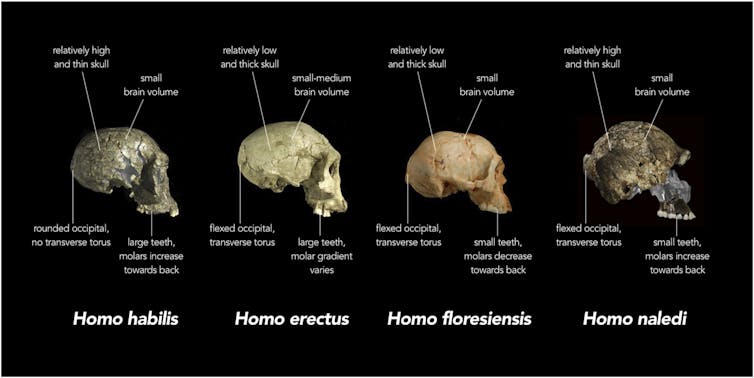Queensland Police have observed an increase in car sales scams. Both buyers and sellers are targeted by scammers.
The Financial and Cyber Crime Group would like to remind all Queenslanders to stay in control when shopping online by ensuring the goods offered for sale, and the seller, are legitimate by conducting thorough research prior to making any purchases.
If a website, online marketplace or seller does not participate with a secure payment service such as Paypal or a credit card transaction, or is offering greater discounts for direct deposit, it is most likely a scam.
Usually the criminal is after your finances and your personal identification information.
How to avoid car-buying scams:
• Never wire money or use a bank-to-bank transfer in a transaction.
• Always try to deal locally when buying or selling an automobile or other high-value merchandise
• Do not sell or buy a car from someone who is unable or unwilling to meet you face to face.
• Do as many checks as you can to ensure the offer is legitimate, in particular, view the car in person and check registration papers and service logs.
• Never buy a car that you have not seen in real life and had inspected by a professional.
• Wait until a cheque (personal, cashier’s, certified, or otherwise) has been cleared by the bank to transfer title or the car itself. Funds being made available by a bank does not mean the cheque is not counterfeit. Clearing a cheque can take days or weeks depending on the financial institutions involved. Check with your bank about their particular processes for clearing cheques.
• Never trust a seller or buyer who says that the transaction is guaranteed by eBay, Craigslist, PayPal, or other online marketplace. These sites explicitly do not guarantee that people using their services are legitimate.
• Beware of sellers or buyers who want to conclude a transaction as quickly as possible. Scammers want to get your money before you have time to think or have a professional examine the deal.
• Call the buyer or seller to establish phone contact. If the buyer or seller seems to neglect details agreed to via e-mail or is unable to answer questions about their location or the location of the vehicle in question, it is likely to be a scam.
• If the number in the ad is disconnected, be wary. If the buyer/seller says it is disconnected because they are overseas, ask for a landline phone number at their current location, as well as a mobile phone number.
• If they give you a street address, check on Google Street View what is actually at that address.
If you’ve been a victim of an online scam, report to
You Decide, Not the Scammers – R U in Control ?
If you have lost money, notify your bank immediately. Report the matter through the Australian Cyber Security Centre ReportCyber at www.cyber.gov.au/report
Learn more about scams at and








